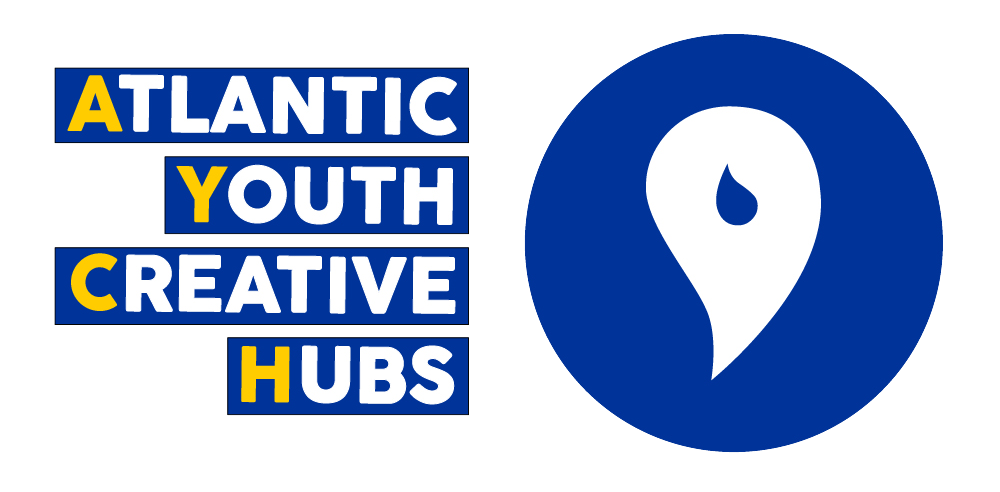Différences
Ci-dessous, les différences entre deux révisions de la page.
| Les deux révisions précédentes Révision précédente Prochaine révision | Révision précédente | ||
|
en:previousinitiatives [2019/07/08 15:20] hilda |
en:previousinitiatives [2021/08/25 10:42] (Version actuelle) superadmin |
||
|---|---|---|---|
| Ligne 1: | Ligne 1: | ||
| - | ====== Design cabinet toolkits - capitalisation ====== | + | ====== Why a(other) toolkit? ====== |
| - | //Contenu aussi disponible en [[fr: recherchesencours | Version fr]] | + | //Version française : [[fr: recherchesencours | FR]]// |
| - | // | + | |
| - | Many things have been written about the design toolboxes, available in many versions. So what are the inspirations of the Wiki? What is the model that emerges and differentiates itself? Here is a little tour of practice horizons that caught our attention. It is simply a presentation of a method and its tools with often a dedicated context. They take the form of a website with resources in .pdf (user manual and sheets and contents to print). This can be a source of inspiration. Or, on the contrary, a path not to follow, concerning the final form of the project. | + | Many things have been written about design toolboxes, available in many versions. So what are the inspirations of the AYCH Wiki? What is the model that emerges from the AYCH programme? What are we doing differently? |
| - | ===== Some examples :methodologies ===== | + | |
| + | We aim at having a critical look at these different methods and tools in order to build up a specific AYCH Toolbox for and by its participants and stakeholders, but that can also be useful and transferable to other contexts and latitudes. | ||
| + | |||
| + | Next, there is a little tour of different practices that caught our attention. It is simply a presentation of a method and its tools with often a particular context of application. They take the form of a website with resources in .pdf (user manual and sheets and contents to print). They have been a source of inspiration but they have also shown us some paths not to follow. | ||
| + | ===== Some examples : open source toolkits and design methodologies ===== | ||
| * ** [[https://www.circulardesignguide.com/ | The Circular Design Guide]] **, meeting between the firm [[https://www.ideo.com | IDEO]] and the [[https://www.ellenmacarthurfoundation.org/ | Ellen MacArthur Foundation]]. It is an application of Design Thinking to the circular economy. As often, we find a global schema describing [[https://www.circulardesignguide.com/methods | the method]], [[https://www.circulardesignguide.com/resources | resources]] to apply this method, [[https://www.circulardesignguide.com/resources#casestudies | case studies]]. | * ** [[https://www.circulardesignguide.com/ | The Circular Design Guide]] **, meeting between the firm [[https://www.ideo.com | IDEO]] and the [[https://www.ellenmacarthurfoundation.org/ | Ellen MacArthur Foundation]]. It is an application of Design Thinking to the circular economy. As often, we find a global schema describing [[https://www.circulardesignguide.com/methods | the method]], [[https://www.circulardesignguide.com/resources | resources]] to apply this method, [[https://www.circulardesignguide.com/resources#casestudies | case studies]]. | ||
| Ligne 23: | Ligne 26: | ||
| ==== Thoughts: how we design the wiki ==== | ==== Thoughts: how we design the wiki ==== | ||
| - | A website with .pdf resources implies that the user (s) is sufficiently autonomous. Users can be people who want to learn or develop a project, or people who want to use the methods and tools of D.thinking (or other) in a broader context (project management, teaching, etc.). We are not convinced that this is suitable for many people: person-to-person transmission is essential in this type of initiative. Example to support our words: the "fall" of Mooc for lack of human commitment; Simply: can you imagine a fablab without fabmanager? without a facilitator and with only the machines and documents to use them? The role of a trainer is paramount. This wiki should be augmented with case studies, and training should be given by specialists. We can deliver the wiki & support the hubs to train them on tools. | + | A website with .pdf resources implies that the user(s) is sufficiently autonomous. Users can be people who want to learn or develop a project or people who want to use the methods and tools of D.thinking (or other) in a broader context (project management, teaching, etc.). |
| + | |||
| + | We are not convinced that this is suitable for many people: person-to-person transmission is essential in this type of initiative. For instance, the "fall" of Mooc for lack of human commitment shows the importance of the mediator's role. Put it simply: can you imagine a fablab without a fab manager? without a facilitator and with only the machines and documents to use them?. This wiki should be augmented with case studies, and training should be given by specialists. We can deliver the wiki & support the hubs to train them on tools. | ||



